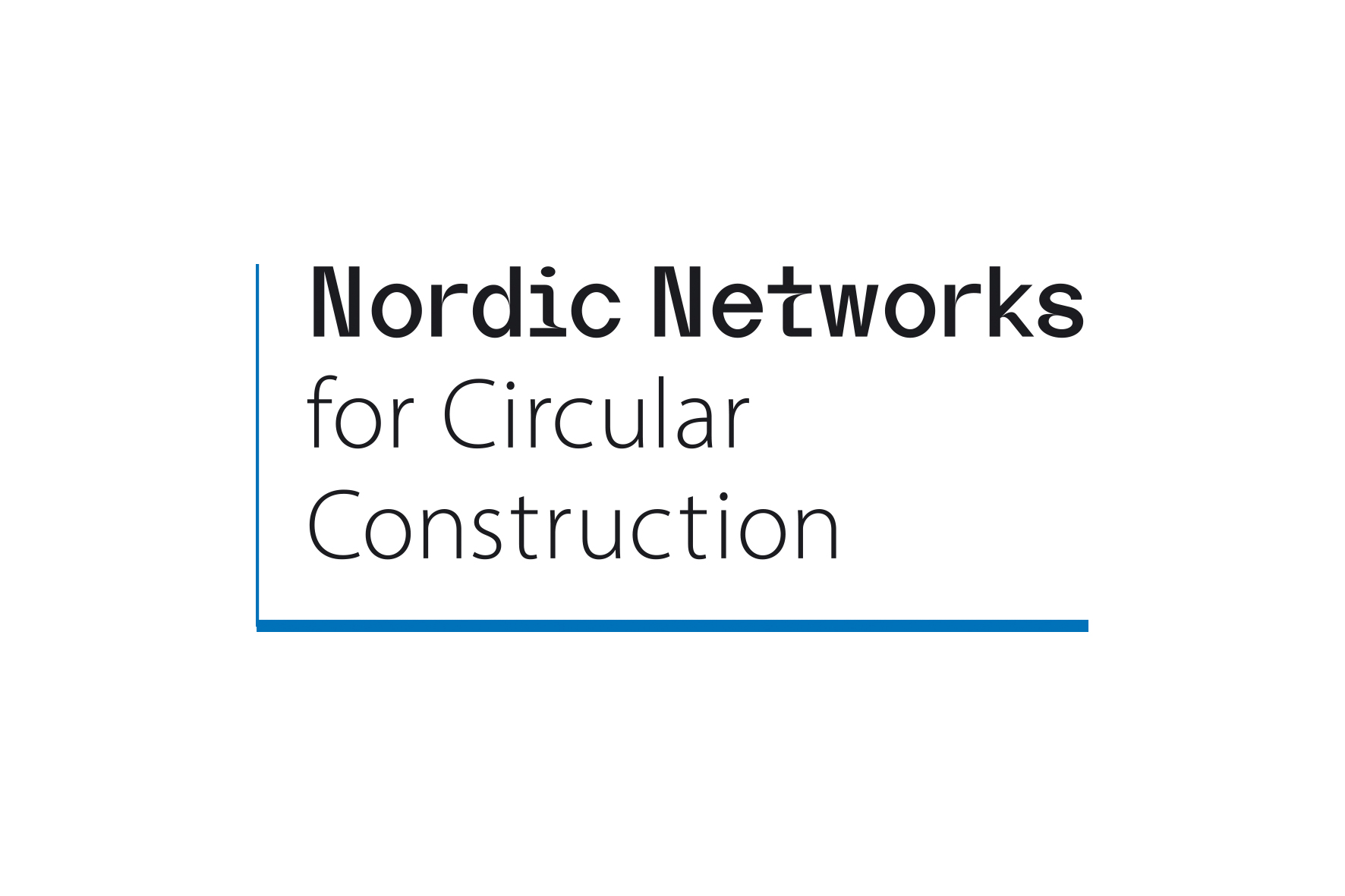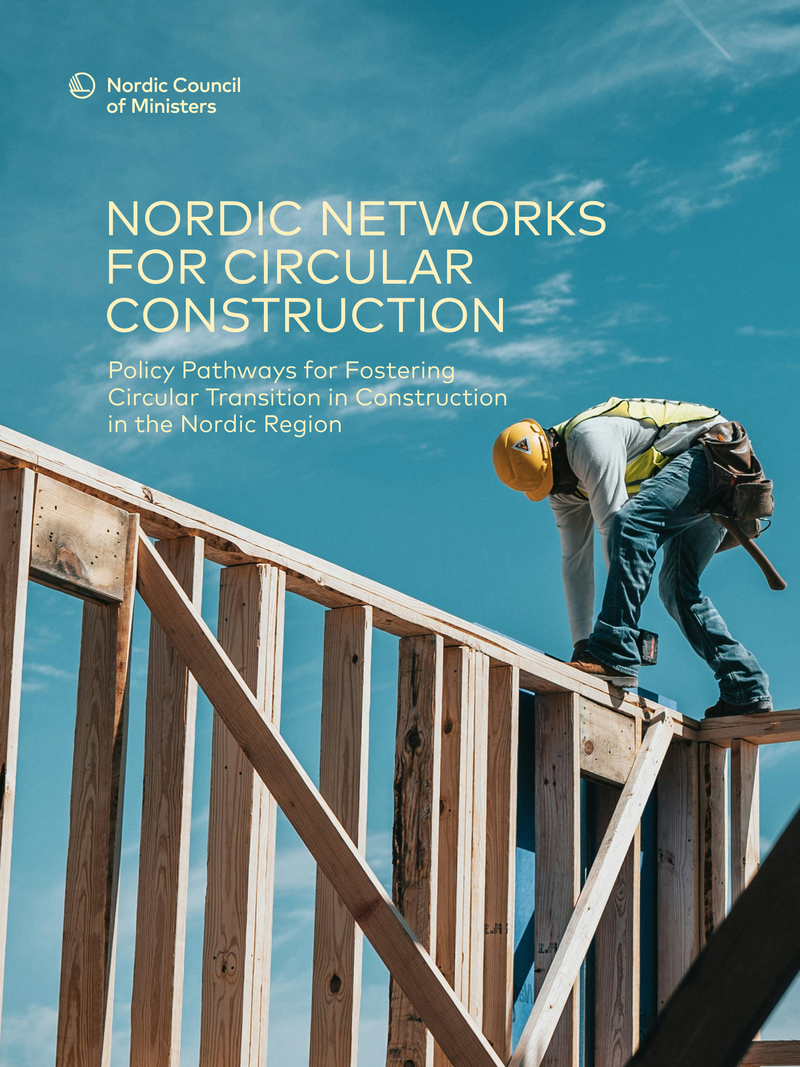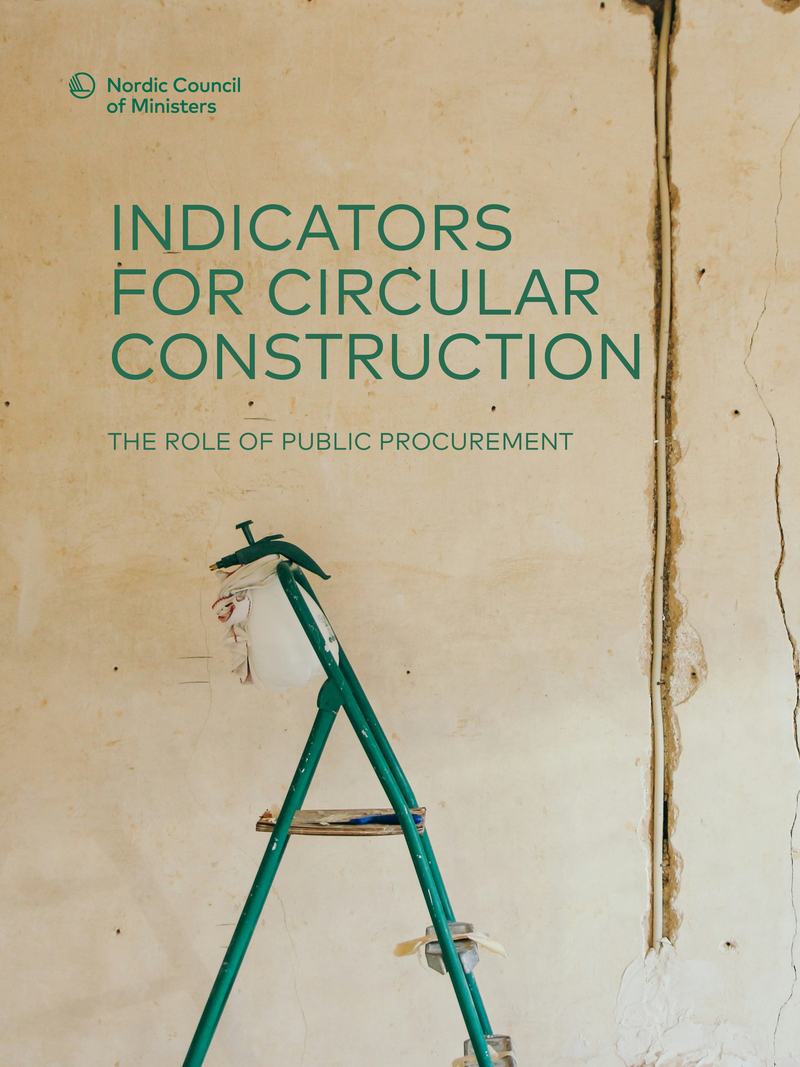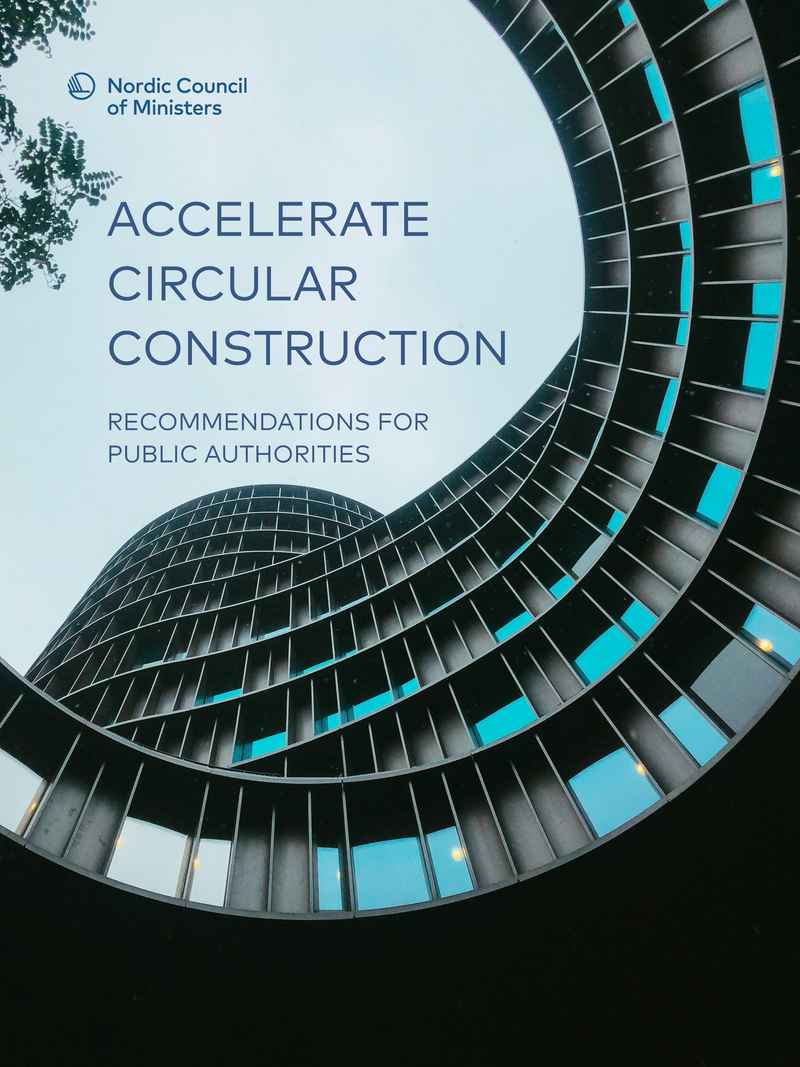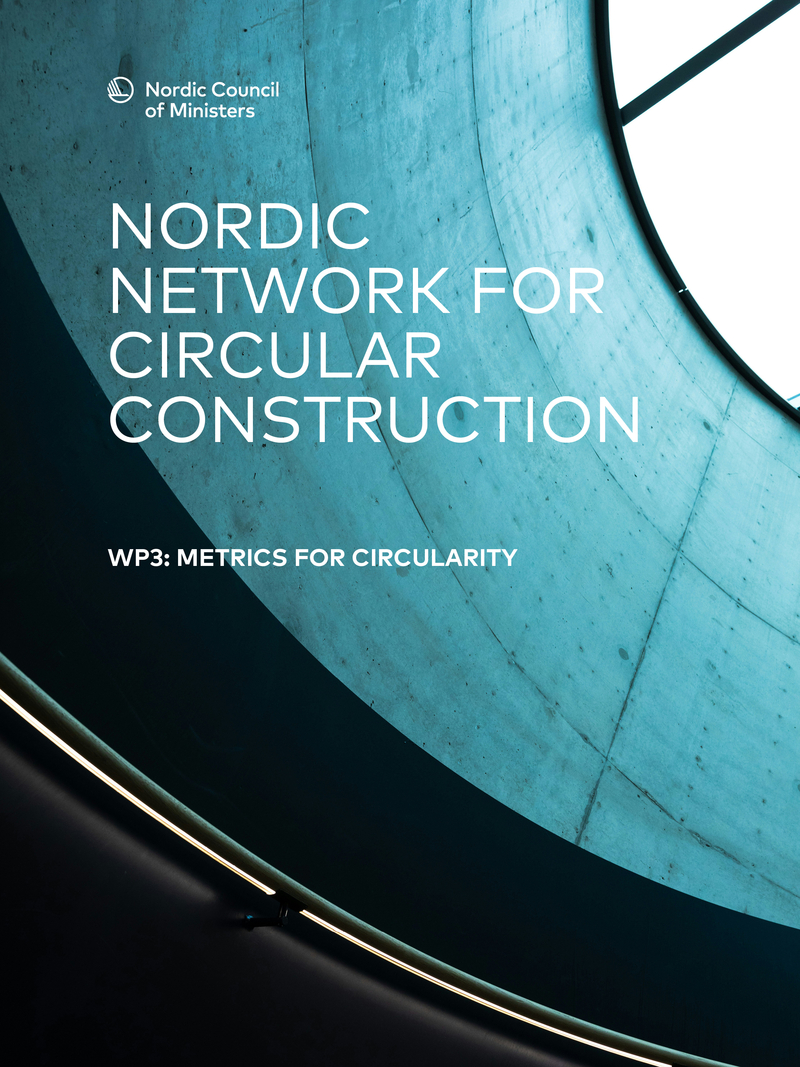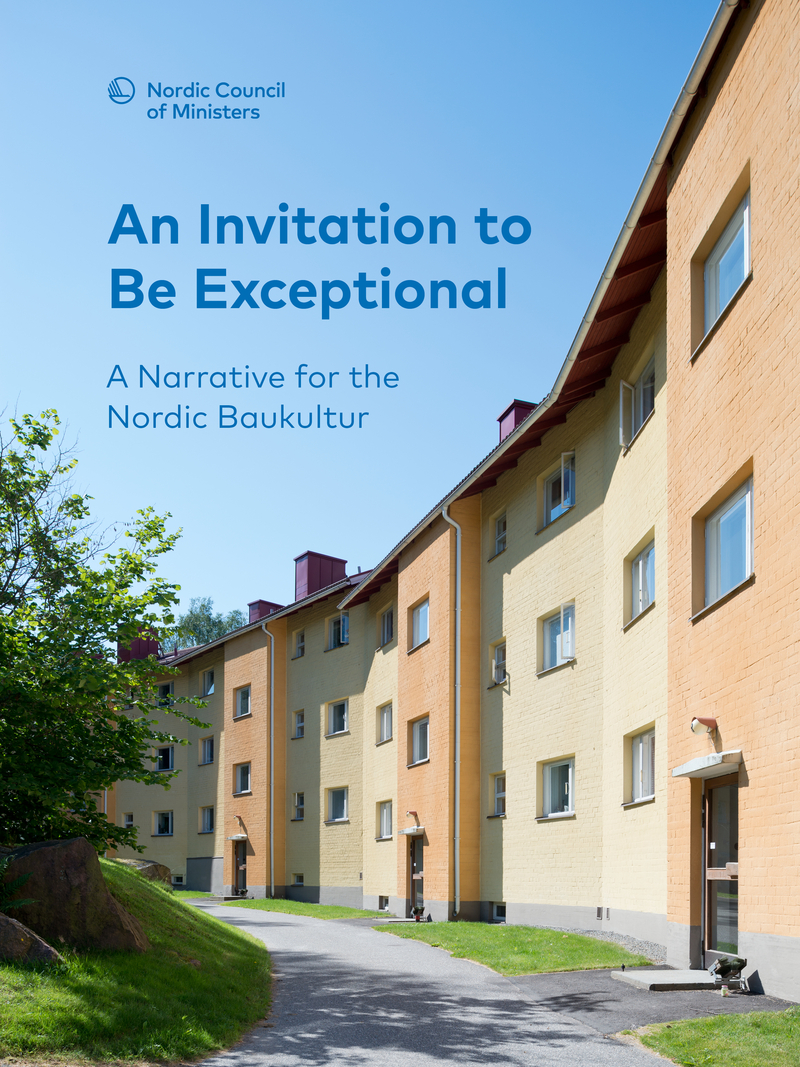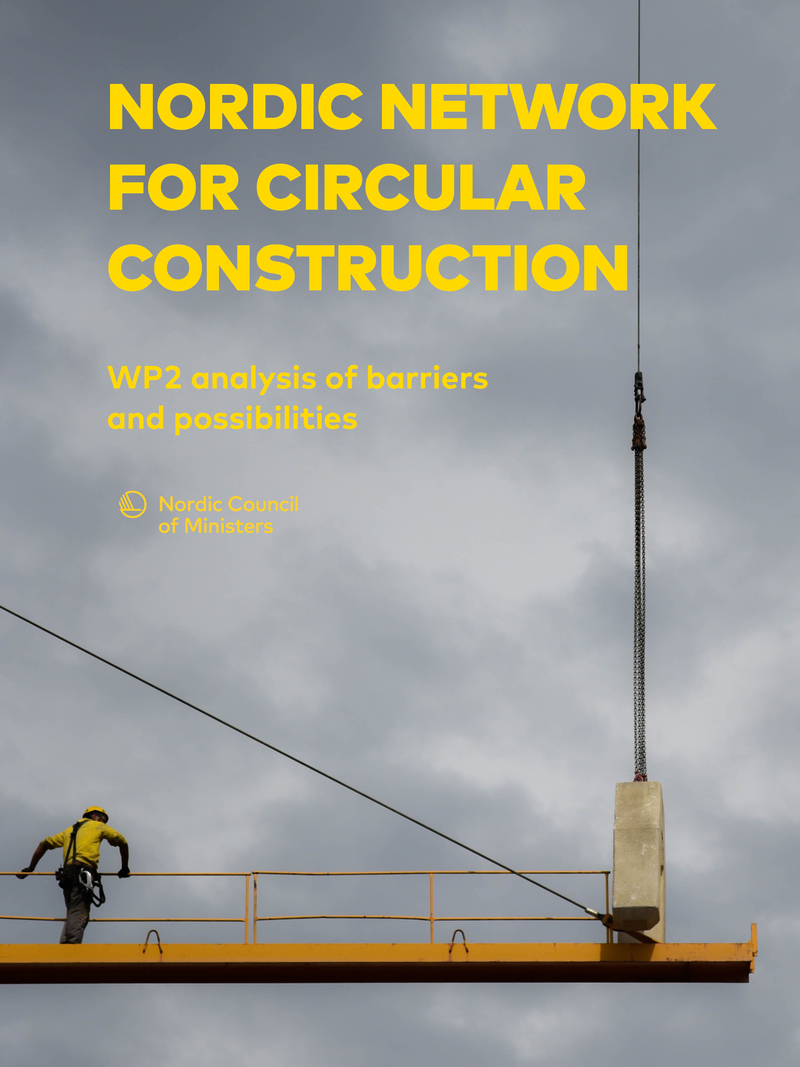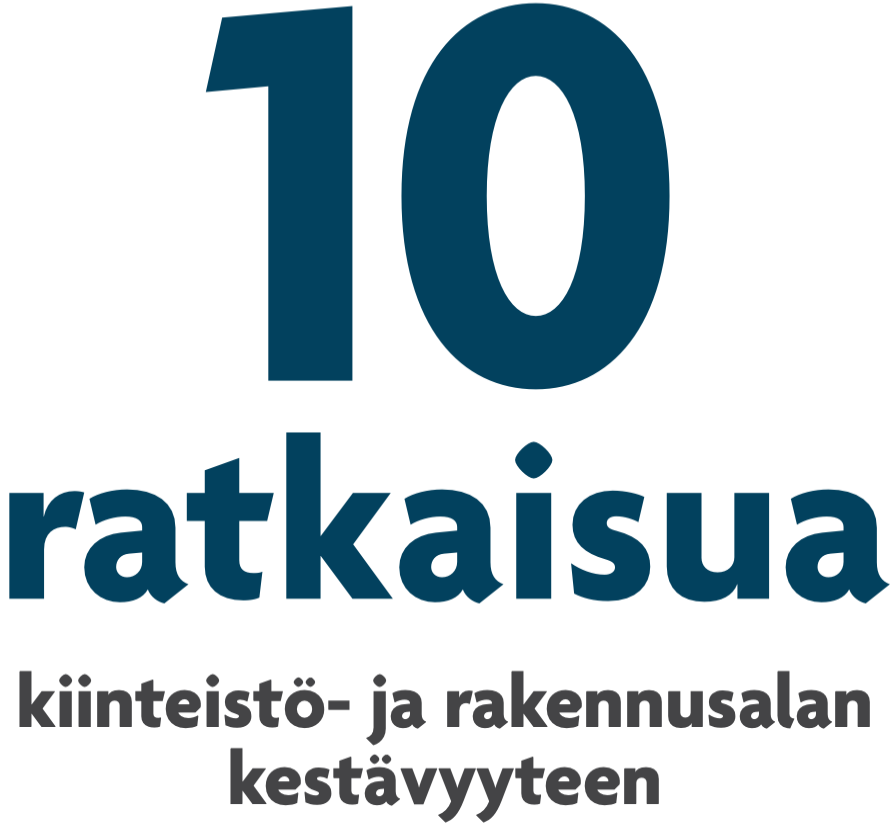Work Package leaders
Work Package 1: Coordination and Communication leading the way. The project is set to work in stages as some work packages are reliant on the results of others. As Work Package 1 includes coordination and communication activities and can be seen as an administrative package in the project, it is the lengthiest when measured in time.
The Environmental Ministry of Finland was responsible for coordination and communication in the project. The Ministry is represented by Matti Kuittinen, Senior Advisor. Matti has a background in architecture and academia; he is currently an adjunct professor at Aalto University.
Work Package 2: Analysis of Barriers and Possibilities begun in 2021. The aim of the work package is to create a cross-comparison of barriers and possibilities from the viewpoints of different stakeholders. The work package also aims to extend the analysis into different construction project types including building and infrastructure projects. The work package was completed in the spring of 2023.
The second work package packet was run by the Swedish National Board of Housing, Building and Planning. The National Board is represented by Hans-Olof Karlsson Hjorth, a longtime sustainable construction expert. His specialties lie within climate, energy efficiency and a healthy indoor environment during the whole life cycle of a building
Work Package 4: Nordic construction culture begun in the spring of 2021. This work package aims to integrate the strengths of culture architecture and engineering for improving the implementation of circular economy into the construction sector it will develop a new narrative for a Nordic construction culture in relation to existing architectural policies and reflect on the Davos Declaration on baukultur into circular construction.
Nordic construction culture (Work package 4) was led by the Ministry of Education and culture in Finland. This work package will cooperate with Nordic co-design: A New European Bauhaus. The Work Package is run by Minna Karvonen. Minna is responsible for the arts and cultural heritage at the ministry. Minna has an extensive background in educational and cultural branches in government.
Work Package 3: Metrics for Circularity was initiated during the summer of 2022. The work package aims to draft voluntary quantitative metrics for circularity based on existing and forthcoming data flows in the built environment it will rest reference Ian standards as well as the levels framework. Collateral impacts to biodiversity and ecosystem services will also be surveyed.
Work package 3 aims to create metrics for circularity it is run by the ministry of Economic Affairs and Employment in Finland. The work package was run by Mika Honkanen. Mika has an extensive background in environmental coordination, sustainable development and surveillance of the utilization of natural resources.
Work Package 5: Collaboration Platform. This work package aims to develop an online collaboration platform that will include a repository of best practices instructions on their implementation and also international collaboration and linkages.
The fifth work package which aims to create a collaboration platform. The Norwegian Building Authority was leading the work package. Ingunn Marton has been identified as the responsible to follow through on the work. Ingunn is a seasoned professional in energy efficiency and environmental sustainability in buildings.
Work Package 6: National Fora led by the housing and construction authority of Iceland begun in the beginning of 2023. This work package aims to establish relevant and effective means for enabling local participation into the Nordic network. It also aims to seek collaboration with existing networks and identify further funding potential in construction circularity matters.
Work package 6 was run by the Housing and Construction Authority of Iceland and by Þóra Margrét Þorgeirsdóttir. Þóra Margrét Þorgeirsdóttir is a Team manager at the Icelandic Housing and Construction Authority in Iceland and Project Mangager of the public-private initiative „Building Greener Future“, a roadmap to sustainable construction industry in Iceland 2030.
